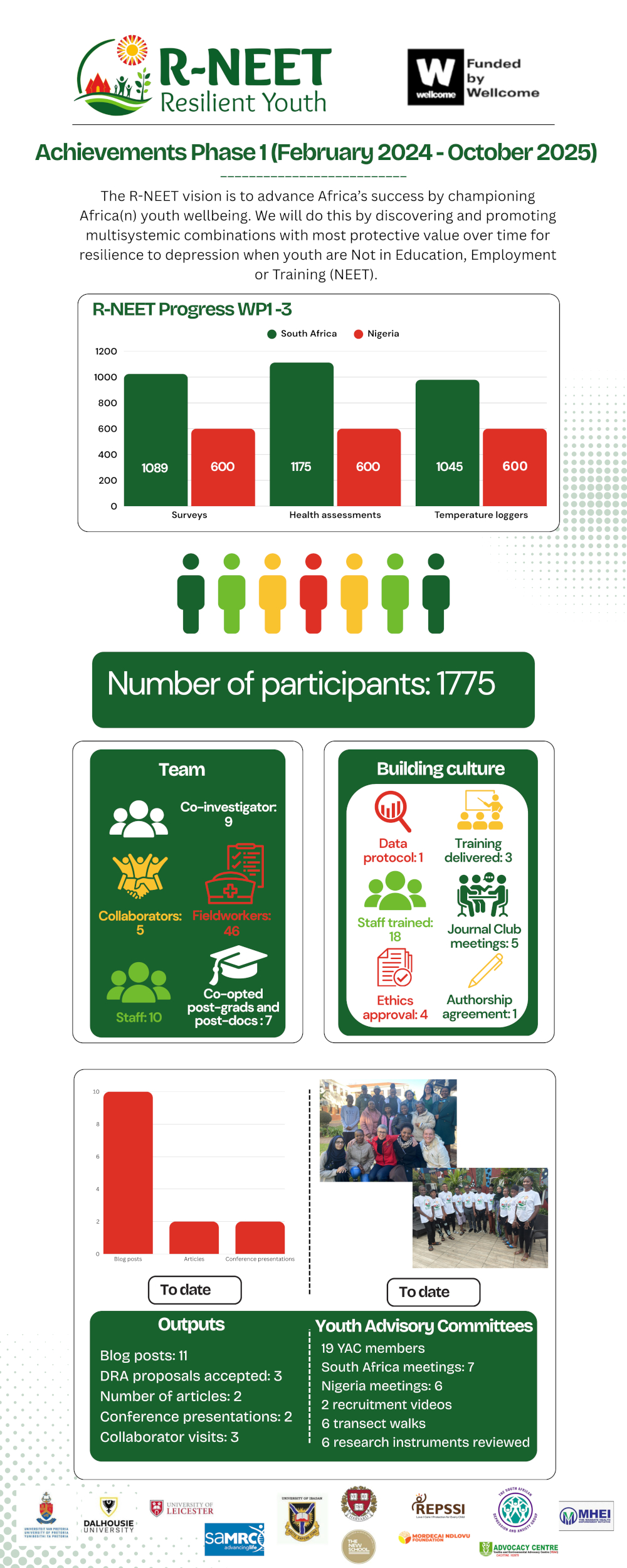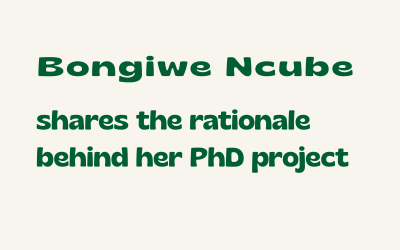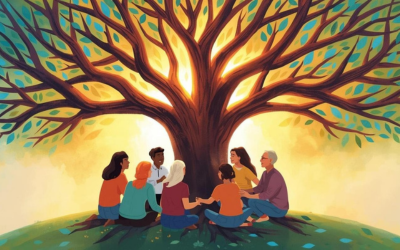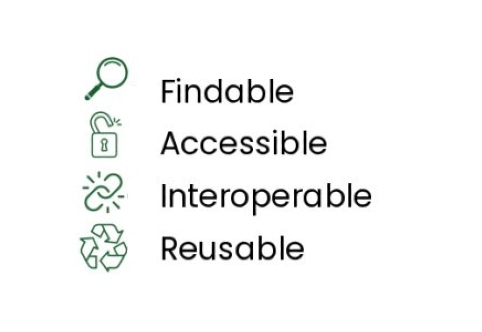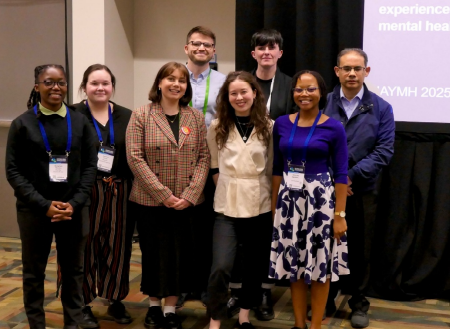Author: Linda Theron, PhD., University of Pretoria, South Africa
There’s something urgent, hopeful, and deeply necessary about the R-NEET study. In a world where young people are facing increasing socio-economic instability, climate threats, and mental health burdens, our investigation of the resources that help youth who are not in education, employment and training (NEET) to resist depression and maintain hope is critical. With the help of two wonderful doctoral research assistants (Albee Ofosu and Morenike Oyenub), we’ve created an infographic to show what we’ve done so far.
In South Africa, we surveyed the psychosocial, economic, political, physical environment and cultural factors that make it harder and easier for 1024 NEETs (aged 18 to 24) to resist depression. Nurses assessed the blood pressure, BMI, eyesight, heart rate and health habits of 1112 NEETs and we placed little devices that measure indoor temperature in 979 NEETs’ homes. Most of the NEETs who completed the survey, also had their health assessed (i.e., 979 NEETs).
In Nigeria, we did the same surveys and health assessments. We also placed temperature loggers in NEETs’ homes. 600 NEETs participated. They live in Rivers and Bayelsa State in the Niger Delta.
In South Africa, all the NEETs live in Gauteng. The communities include: Alexandra, Cosmo City, Daveyton, Diepsloot, Ebony Park, Freedom Park, Ivory Park, Kagiso, Katlehong, Lenasia, Mabopane, Mamelodi, Orange Farm, Sebokeng, Soshanguve, Soweto, Tembisa, Vosloorus, and Winterveldt.
What the infographic does not show is how hard our teams worked to recruit NEETs to participate. We thought it would be a lot easier to connect with NEETs because so many young people are NEET. For example, in South Africa, at least 1 in every 3 young people is NEET.
But, although a LOT of NEETS expressed interest in the study and consented to do the baseline research, it was tricky to connect with them when we started to do the baseline research. In South Africa, for example, 2437 NEETs expressed interest in the RNEET study. Of these, 2146 were eligible (i.e., aged 18 to 24, living in Gauteng, NEET) and completed the consent process. Even so, only 1112 of those who completed consents were available to do the research at the mutually agreed on time and date. The others had moved, were no longer NEET, no longer interested, or did not answer their phones when we called.
Afterwards, some NEETs told us that many of their peers were worried that the calls were from debt collectors, hence the non-response. This reminded us just how hard life is for NEETs.
In Nigeria and South Africa, we have now started with the Time 2 research. This means we are returning to all the participants who completed the baseline survey and health assessment, and asking them the same questions as we did during the baseline. This is important if we are to understand how the resources that help NEETs to resist depression change over time, if at all.
We know that this follow-up research will be hard to do, especially because of the instability that so many NEETs are forced to endure, but we are determined to do it. This is not just another academic research project – we must close the gaps in current knowledge if we are to halt the youth mental health crisis and support the resilience of Africa’s many, many NEETs.

